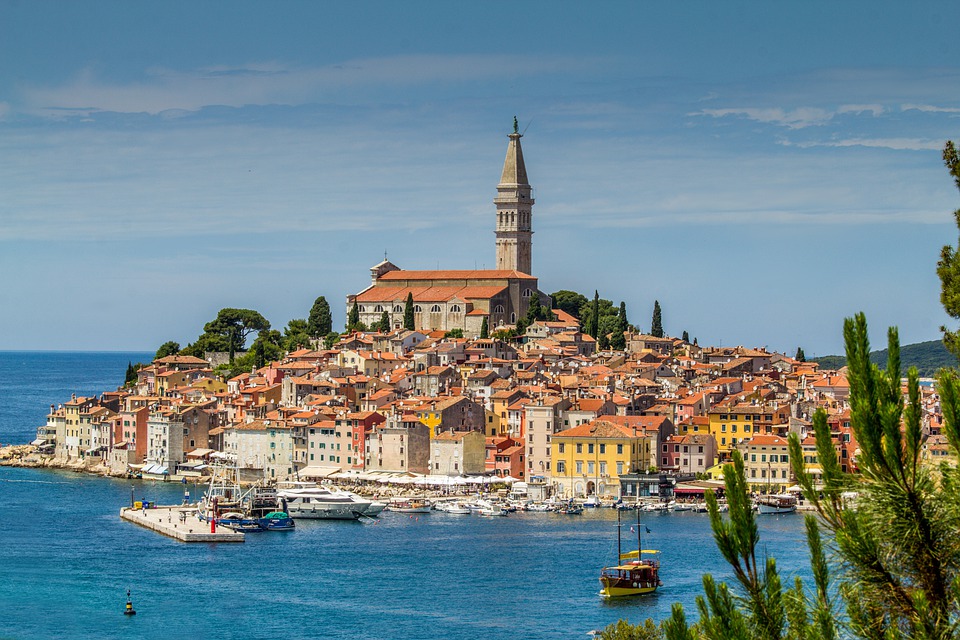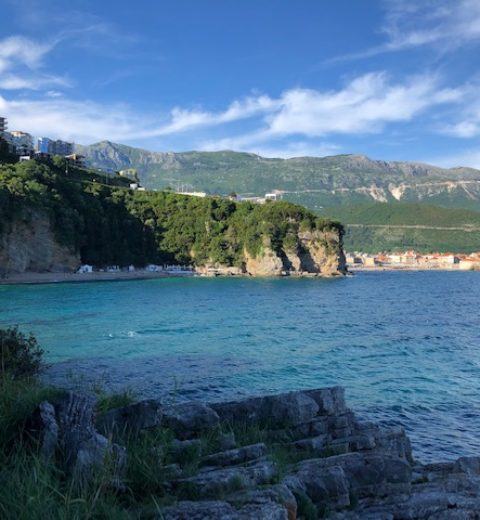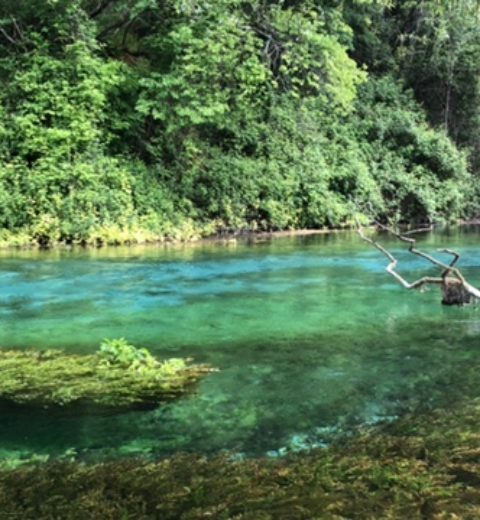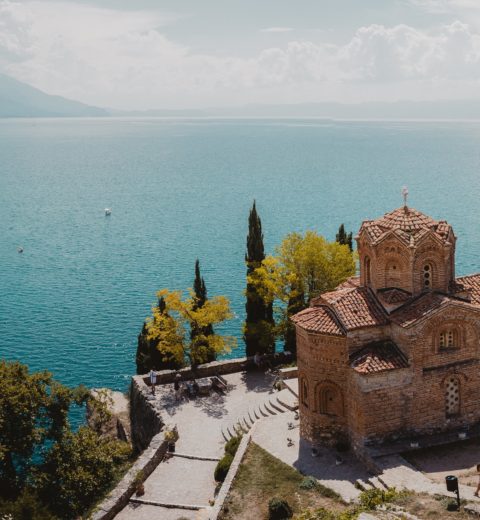Rovinj | Gem of Istria, one of the best places to visit in Croatia
Croatia boasts an incredible 1777 km of uninterrupted mainland coastline. This length more than doubles when counting the coastline of the additional 1200 plus islands and archipelagos off the coast.
The Dalmatian coast ranks as the first tourist magnet with its gorgeous beaches, rugged islands (Rab, Pag, Hvar and Brac to name the main ones) and culturally significant medieval cities (Split, Zadar and especially Dubrovnik). Following are the island of Krk and Rijeka in the bay of Kvarner in Kotar county, then the capital Zagreb and the many spectacular national parks towards the interior of the country.

Our article today focuses on a slightly lesser known region, every bit as charming and unique (especially in customs and history). The region is Istria, the destination is its renowned gem, the often called the Portofino of the Adriatic: Rovinj.
The Town of Rovinj
Rovinj (also called Rovigno in Italian) is a small city on the eastern part of the peninsula. Like the rest of Istria it still resonates as a meeting point between Italian and Croatian culture. The whole region was under Venetian control for centuries and a sizable minority of Italian speakers still calls this town home.
Walking through the narrow medieval streets of the old town, the Italian influence is clearly seen in the architecture of houses, palaces and other significant buildings: The clock tower (once a prison, now one Rovinj’s symbols), the Gandusio Theatre and the baroque Franciscan convent are some examples. The architectural apex is reached with the church of St Euphemia. Clearly influenced by Saint Mark’s bell tower in Venice. Open 365 days a year, it offers a splendid view of the town and surrounding bay.

There is no need for a map to navigate the labyrinth that is this quaint and compact town (just 14000 inhabitants). Toward the port area one can choose excellent restaurants specialized in local seafood, or just take a stroll down the promenade accompanied by the sight and sound of the gentle waves of the Adriatic

Rovinj Beaches
Rovinj is blessed with a perfect balance of sandy and rocky beaches, characterised by extensive and unspoiled Mediterranean bushes (the so-called “macchia Mediterranea”) that surrounds the coast. The area also presents an aura of tranquillity, especially compared to other more crowd heavy locations. It is very easy to find and conquer a quiet bay or inlet and have it all to yourself.
We start with Stari Grad, a rocky beach immediately west of the historic centre of Rovinj. A rocky beach popular for it’s low lying cliffs where tourists and locals indulge in diving into the blue-green sea. More suitable for families is the sandy beach of Lone. A mere fifteen-minute walk away from the town. A pine forest borders the shore and is perfect to find a refreshing refuge from the scalding summer sun.
The Island of Katarina is a little more distant, without a doubt the most frequented of the small archipelagos off the coast from Rovinj. The island can easily be reached by taxi boat. There is a hotel with adjoined spa and pool and some of the most beautiful seashores in all of Istria, especially on the eastern side. Though the beaches are mostly rocky, there are many sandy coves in between to relax.
Other beaches include: Skaraba, a coast with a rocky plateau ideal to suntan. Amarin, one of the more frequented sandy beaches, where one can rent an umbrella and sun bed, making it perfect for families and older visitors. Valalta, a mixed sand and pebble beach honoured with a blue flag, signifying it as a contestant in the prestigious “Best Beaches in Europe” award. It is also very well-equipped with a pool and slide area, umbrellas and bars. A word to the wise, Valalta is very popular with nudists, so be mentally prepared. Finally we have Villas Rubin, a true resort beach that offers windsurfing, water skiing and scuba diving trips.
Find Accomodation in Rovinj
Although Rovinj competes with many other tourist destinations both in Croatia and aborad, it still has a very organised hotel infrastructure catering to every need. There are a dozen hotels (including a 5 star hotel) and countless Bnbs in the city proper. Camping is also very popular due to the efficient organization, contact with nature and low costs.
Food and other goods come at very fair prices. Though some people compare it to Portofino for its sights, Rovinj is actually much more economic. It is common to spend about 150 euros for a weekend, excluding transport. So come to Rovinj, for a weekend or much more, for the perfect vacation in all respects: Culture, amusement and beautiful beaches await, without having to spend a fortune.






